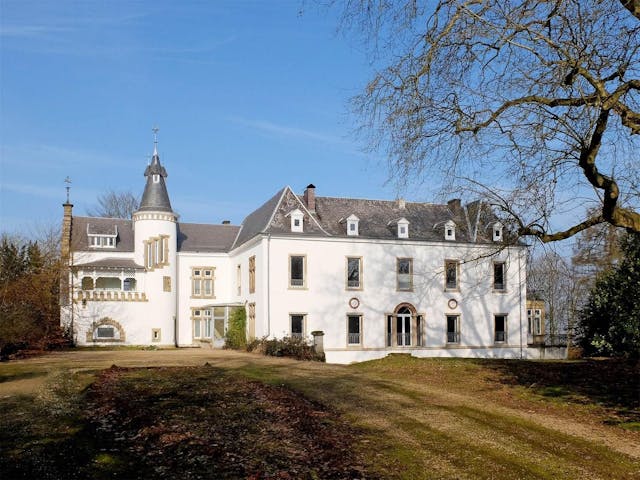Half the budget: how much is spent on housing in Luxembourg

Faruk Tokluoğlu, Unsplash
According to Eurostat data for 2023, Luxembourg residents spend an average of 27.5% of their disposable income on housing. This is one of the highest figures in the EU, second only to Greece (35.2%). In comparison, in neighbouring countries, housing costs are lower: in Germany - 25.2%, in Belgium - 18.8%, and in France - 17.9%. In Portugal, the figure is 14%.
The situation is worse for low-income households. For households earning less than €2,518 per month (the poverty threshold for Luxembourg, equal to 60% of the median income), housing costs account for 48.5% of the budget. In 2023, according to the national statistical institute STATEC, there were around 120,000 people in this category. Even those whose income is above the poverty threshold spend a significant proportion of the budget - 23.6%.
The current strain on Luxembourg's housing market is caused by skyrocketing property purchase and rental prices. From 2015 to 2023, rents have increased by more than 11%. Buying a home has risen in price by 70% in recent years, despite prices falling slightly in recent months. As a result, the cost of housing in Luxembourg is 86% above the European average.
By comparison, the average housing costs in the EU are around 19.7% of disposable income. Even in economically developed countries such as Germany, housing is cheaper. Luxembourg's main problems are limited supply on the property market, skyrocketing prices and high living costs.
The housing crisis in Luxembourg continues to intensify, forcing more and more families to reassess their priorities and reduce their quality of life. The Grand Duchy is among the European leaders in terms of housing unaffordability, underlining the need for structural changes in housing policy.





